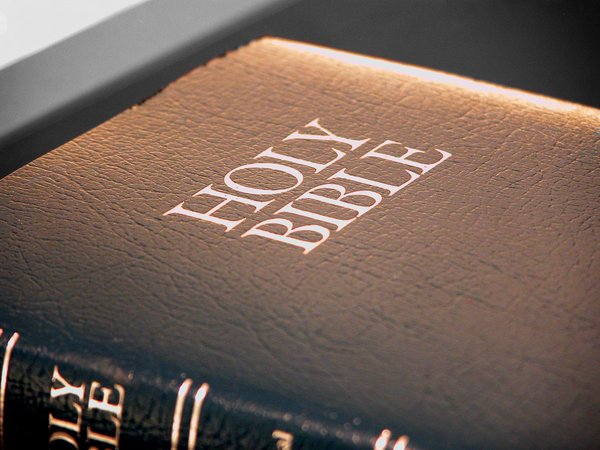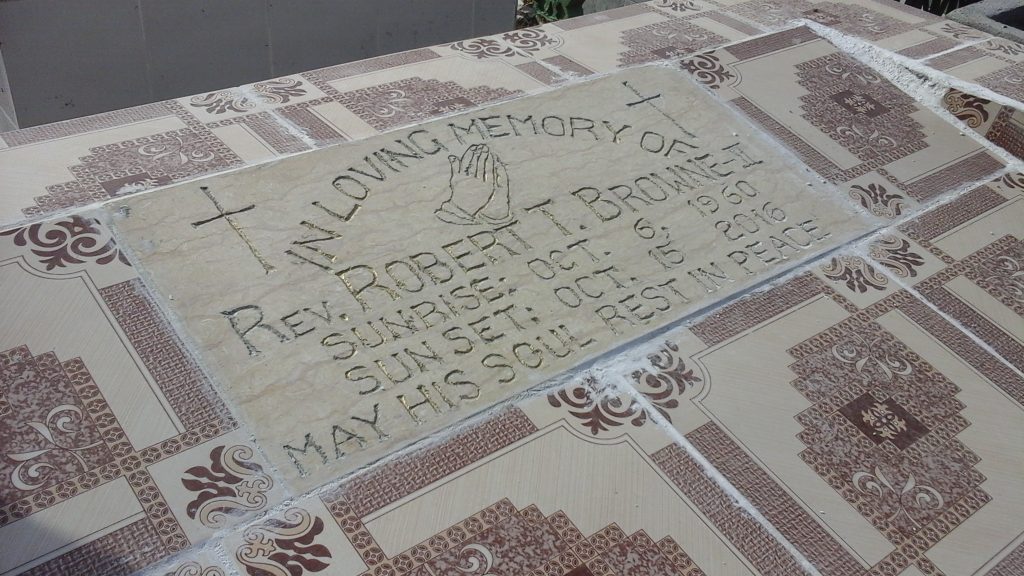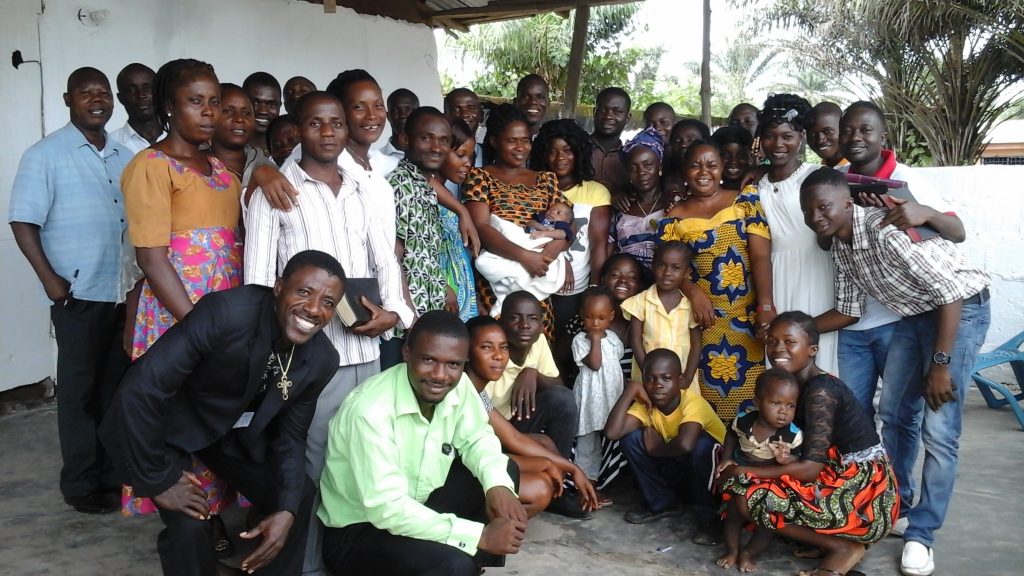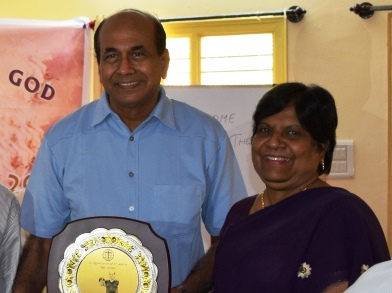Dear Brothers and Sisters,

The Bible is one of the world’s most accessible books, having been translated into most of the world’s major languages [1], and in many of those languages, made available in multiple versions. People with computers, tablets, or smartphones are able to download the Bible for free, and even hear it read aloud. Yet, with this accessibility, many people do not read the Bible. Thankfully, most Christians do, but do they understand what they are reading?

Few of the early Christians had access to Scripture, and even when they did, most were unable to read. As a result, learning in the early church came mostly through oral teaching, which often included the reading of letters from the apostles that were circulated among the churches. A few churches had scrolls of the Old Testament translated into Greek, but again, most early Christians could not read.
Some house churches had cabinets (similar to those used in Jewish synagogues) in which they stored letters from the apostles and others. Which letters each congregation possessed varied. Most probably had copies of some or all of the Gospels, a few of Paul’s letters, a letter or two from John and other apostles, and perhaps a copy of the Acts of the Apostles. Many had a copy of a story from someone called The Shepherd, along with letters from a Roman pastor named Clement. Most would not have had copies of some of the letters we now find in the New Testament—Hebrews and 2 Peter, for example. When gathering for worship, many early Christians made use of what we call the Apostles’ Creed (they called it the Rule of Faith), which summarized the apostles’ teaching concerning God—Father, Son and Holy Spirit.
Despite this diversity in teaching resources, the New Testament churches experienced great unity, due largely to the oral teaching based on stories of Jesus and letters from the apostles, understood in light of the rule of faith. This teaching gave them the common, grand understanding that Scripture holds out for us today, namely that all Scripture is about Jesus. Jesus was what the early Christians taught, and what they shared with others. Jesus was (and still is) the gospel.
One thing is sure—when early Christians gathered, they were not arguing over the correct days for ancient Israel’s festivals, the meaning of Hebrew words, or the necessity of learning Hebrew to know God’s love and plan for them. Even the apostles, who as good Jews had observed the festivals, understood that the festivals were part of the old covenant of promise, which pointed to the ultimate fulfillment of the covenant in Jesus (through his life, death, resurrection and ascension). They never taught that Israel’s holy days revealed anything but Jesus.
It is disappointing that among those who read and even regularly study the Bible, interpretations have developed ranging from slight variations in understanding, to totally missing the point. This happens for a number of reasons, but I want to point out one that plagues Sabbatarians in particular. Reading that God rested on the seventh day, then gave Israel the command to rest on the seventh day, Sabbatarians use the Sabbath as the “lens” through which they read and interpret all Scripture. In doing so they completely miss that the Sabbath command was about a covenant grounded in a particular place and time, having largely to do with promises concerning the Promised Land. But before we judge the flaw in their thinking, we must admit that many of us have had the experience of hardening our mental defenses against those who tell us that seventh-day Sabbath observance is not part of an obedient Christian’s life.

Sabbatarians are mistaken in using a lens other than Jesus to interpret Scripture. Jesus warned of this error when he said this to the experts in the Law of Moses (the Torah):
You study the Scriptures diligently because you think that in them you have eternal life. These are the very Scriptures that testify about me, yet you refuse to come to me to have life. (John 5:39-40)
Jesus was not saying there is something wrong with the Torah—he was criticizing their use of it as their lens to interpret Scripture. Jesus is to be that lens, and that is why he proclaimed himself Lord of the Sabbath (Luke 6:5). Jesus called upon the experts in the Law (and all people) to interpret the Sabbath in terms of who he is, not in terms of any preunderstanding they might have concerning the Sabbath.
The apostle John had this truth concerning Jesus’ primacy emphasized to him by an angel:
The angel said to me, “Write this: Blessed are those who are invited to the wedding supper of the Lamb!” And he added, “These are the true words of God.” At this I fell at his feet to worship him. But he said to me, “Don’t do that! I am a fellow servant with you and with your brothers and sisters who hold to the testimony of Jesus. Worship God! For it is the Spirit of prophecy who bears testimony to Jesus.” (Revelation 19:9-10)
Scripture and prophecy are not unlocked and understood by anything other than the One to whom they point—Jesus Christ. He (and he alone) is the focus of all Scripture—not geo-political alliances, not British-Israelism, and not Israel’s seven festivals. God has given us the New Testament, which, through the lens of Jesus, interprets the Old Testament. When we use the Old Testament to interpret the New Testament, we make the mistake of doing it “bass-ackwards,” as the old spoonerism goes. An insistence on keeping the Sabbath on a particular day in order to be righteous before God is a prime example of this mistake. Beware of anyone telling you differently!
The Sabbath was given to point us to Jesus, not the other way around. The Old Testament Sabbath is a sign, which like all signs is given to point to its fulfillment—its reality. The commandment to “keep the Sabbath holy” is magnified under the New Covenant. Under the old covenant, the tabernacle and later the temple were holy because God made them his place of dwelling among his people. This was a temporary arrangement designed to point to Jesus coming and making his dwelling among us. Once Jesus fulfilled his atoning work on the cross, leading to his resurrection and ascension, he moved from dwelling among us (John 1:14) to living in us through the Spirit (Ephesians 3:16-17). God, through Jesus, by the Spirit, now dwells in us, making us and all our time holy. Under the old covenant, God’s people sought a holy closeness to God once a week; under the new covenant, we are given a new life with Jesus living in us and transforming us from the inside out. It is no longer a once-a-week time with God, it is now a new life in him and he in us. Jesus, and not any day, is our Sabbath rest, and so we celebrate him when we gather as his people.
When we read the Bible, we do so to help us see Jesus—to help us learn from and about him. We read the Bible to help us understand that, by the Spirit, Christ lives in us as we respond to him in faith, hope and love. We read Holy Scripture to help us see God’s faithfulness for his beloved throughout all history—working all things in preparation for the turning point of history—the Incarnation, which was God’s plan from before the foundation of the world. We read the Bible to remind us that we are God’s chosen ones—made holy and righteous through Jesus. We read the Bible to see how God has invited us to join him in his continuing work of revealing himself to others so they too can know the true lens of life, Jesus Christ. We read the Bible because it is the written word of God designed to always point us to the living Word, Jesus, our Lord.
Reading the Bible with joy, through the lens of Jesus,
Joseph Tkach
______________
[1] As noted by Wycliffe Global Alliance, though there has been much progress in recent years, much more needs to be done to get the Bible into the hands of all people groups on earth. There currently are about 7000 languages in active use in the world, and at least one book of Scripture exists in over 2,900 of these languages. However, of the (approximately) 7.2 billion people on earth, about 1.5 billion of them do not have the full Bible available in their first language, though over 663 million of these have the New Testament. For more information on this topic, click here.











